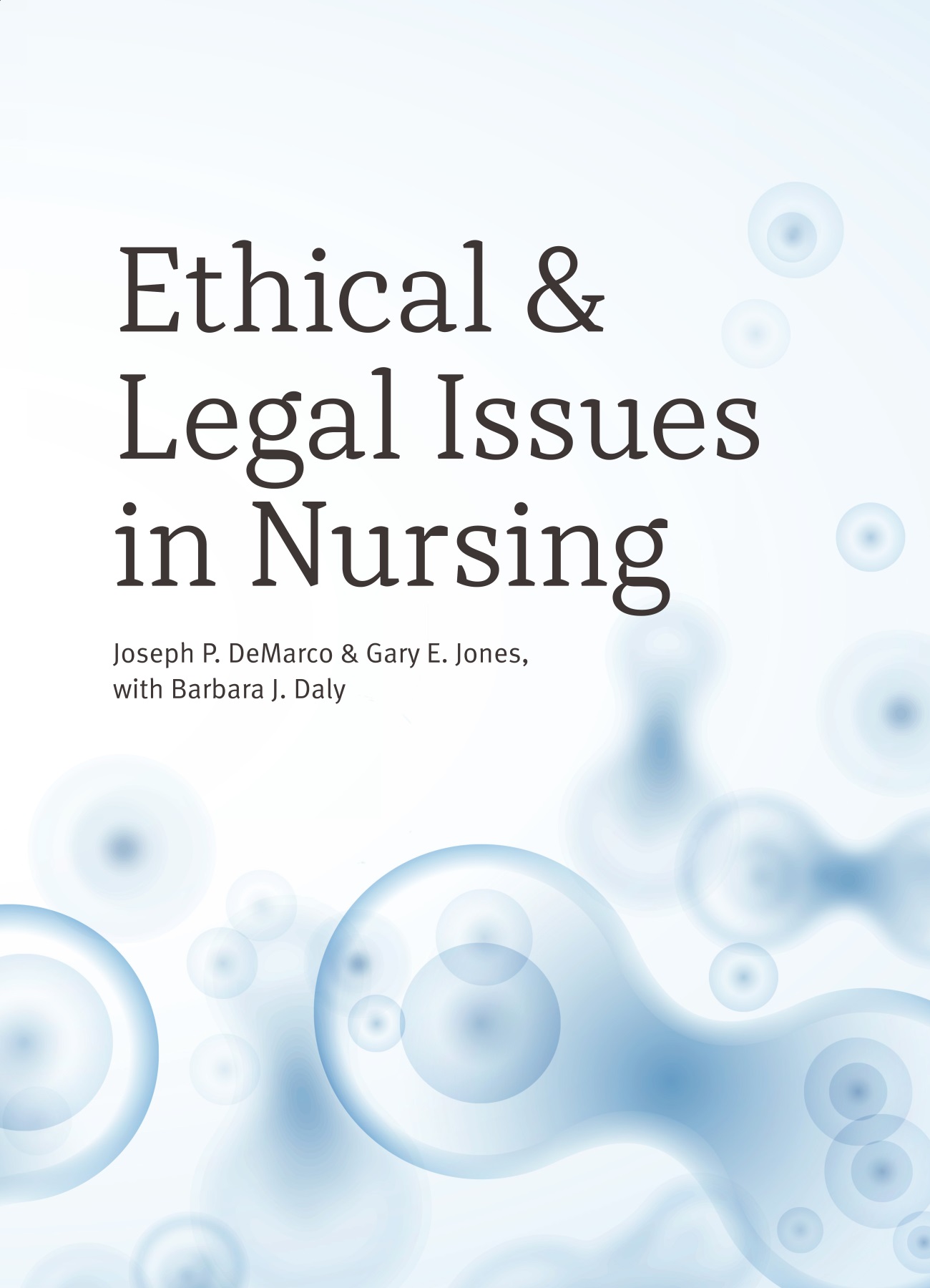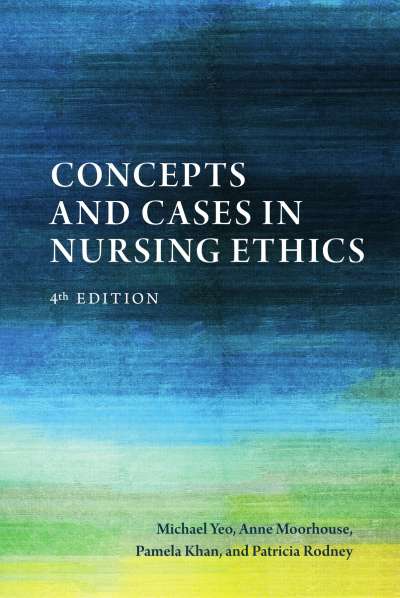This book is a comprehensive introduction to the many ethical and legal issues that arise in the practice of nursing. Ethical analysis is supplemented with rigorous discussion of precedents from the American legal system as well as the requirements of professional codes operating at the national and state levels. Topics include informed consent, end-of-life treatment, impaired decisional capacity, privacy and confidentiality, and much more.
Comments
“Ethical and Legal Issues in Nursing is a wonderful resource for students of nursing ethics and law at all levels. The book strikes the perfect balance between theory and application—it is eminently practical without sacrificing the philosophical rigor characteristic of the best work in healthcare ethics. The authors cover the core topics in nursing ethics using an abundance of detailed, relevant, and challenging case-studies. Indeed, one would be hard-pressed to find a better use of case-studies in a nursing ethics text. The discussion of the law (both judicial decisions and statutes) is comprehensive and highly relevant. Especially important is the book’s focus on the difference between ethics and law, and discussion of how nurses ought to respond when ethics and law conflict. Ethical and Legal Issues in Nursing will surely become a primary textbook for nursing ethics students, as well as a valuable resource for practicing nurses.” — Eric Vogelstein, Ph.D., Associate Professor, School of Nursing and Department of Philosophy, Duquesne University
“The authors have provided a valuable tool to help nursing students understand the role nurses have in caring for patients and the ethical decisions they face daily in practice.” — C. Denise Neill, PhD, RN, CNE, Director and Associate Professor, School of Nursing, Sam Houston State University











